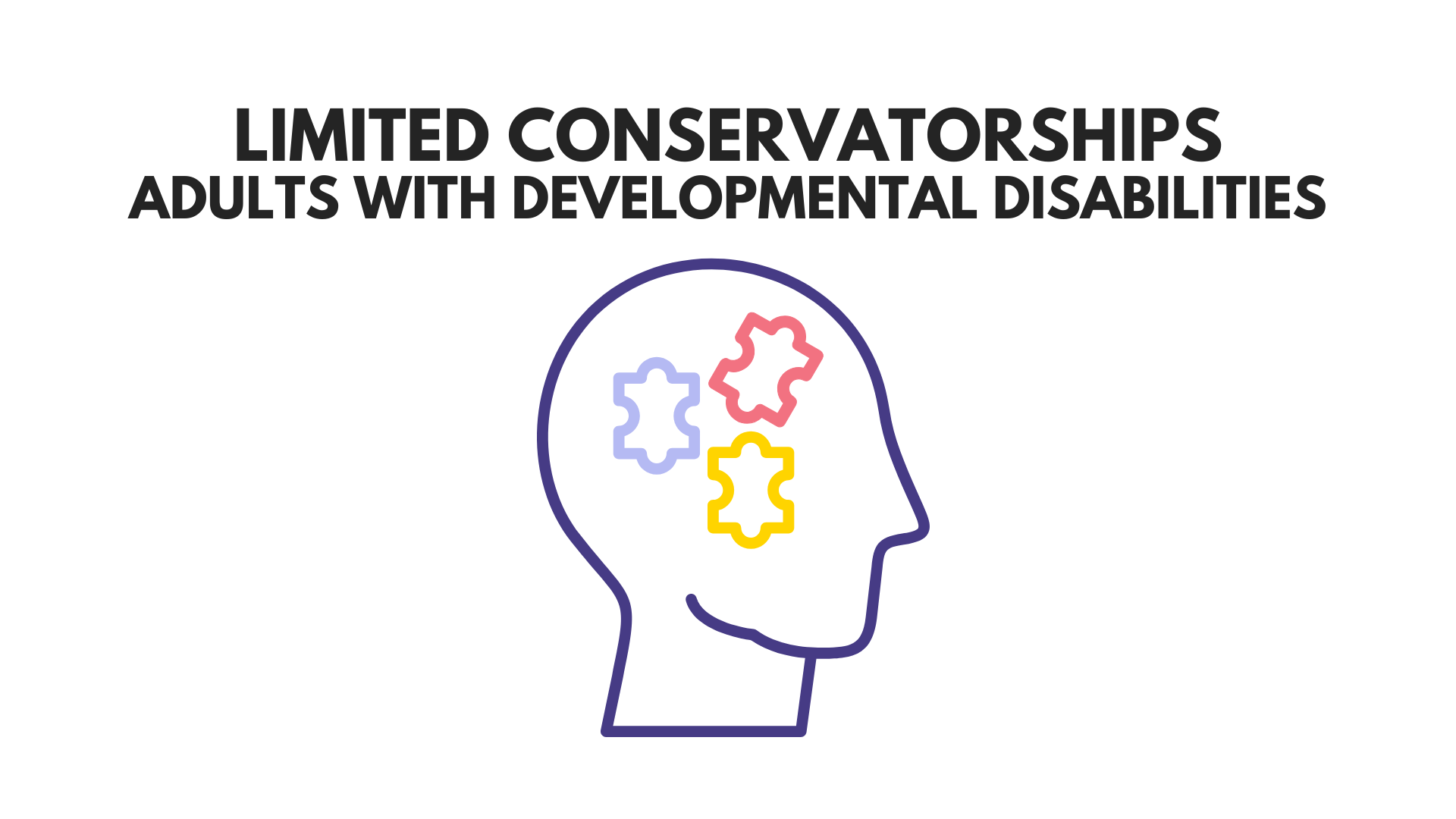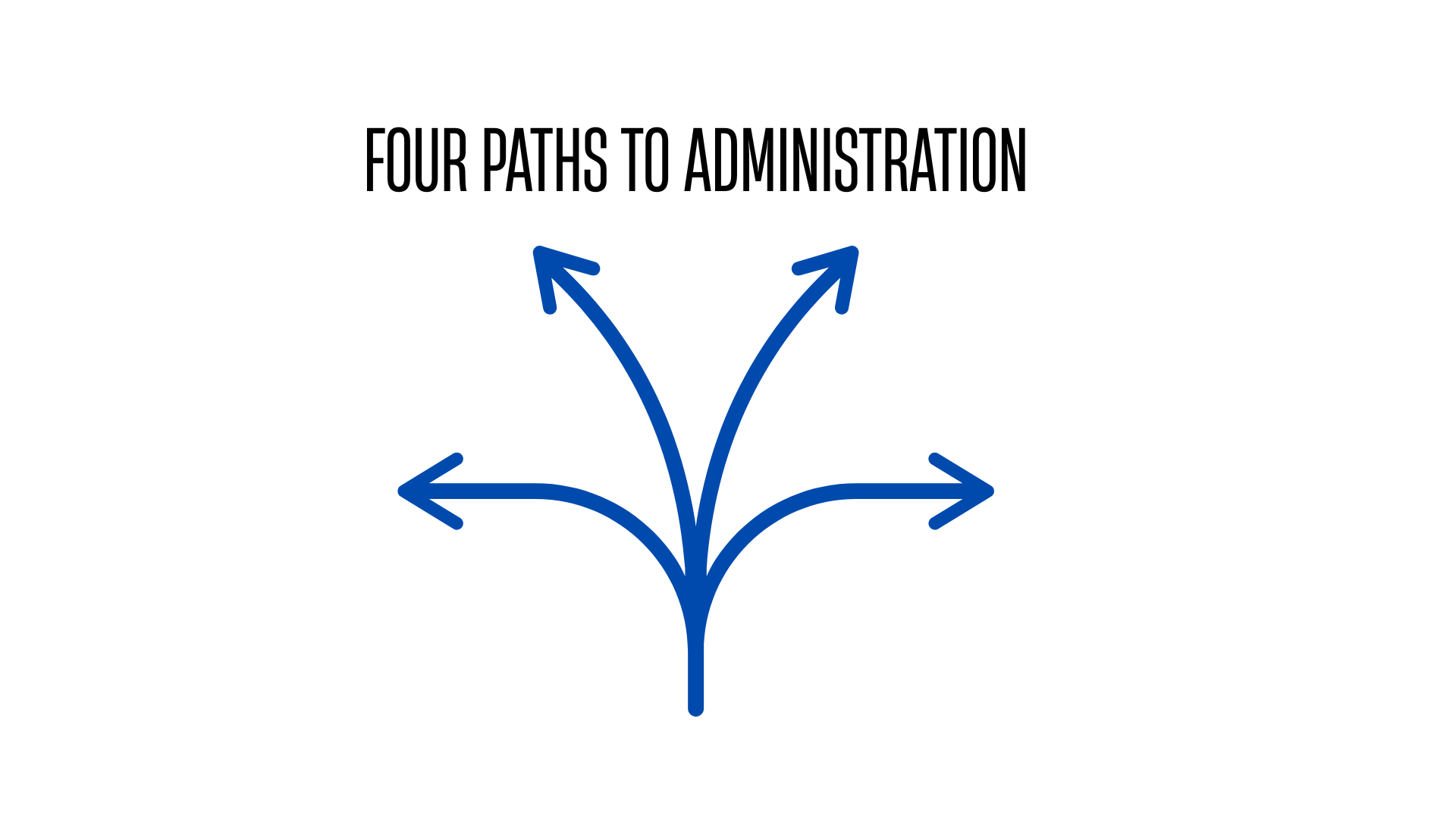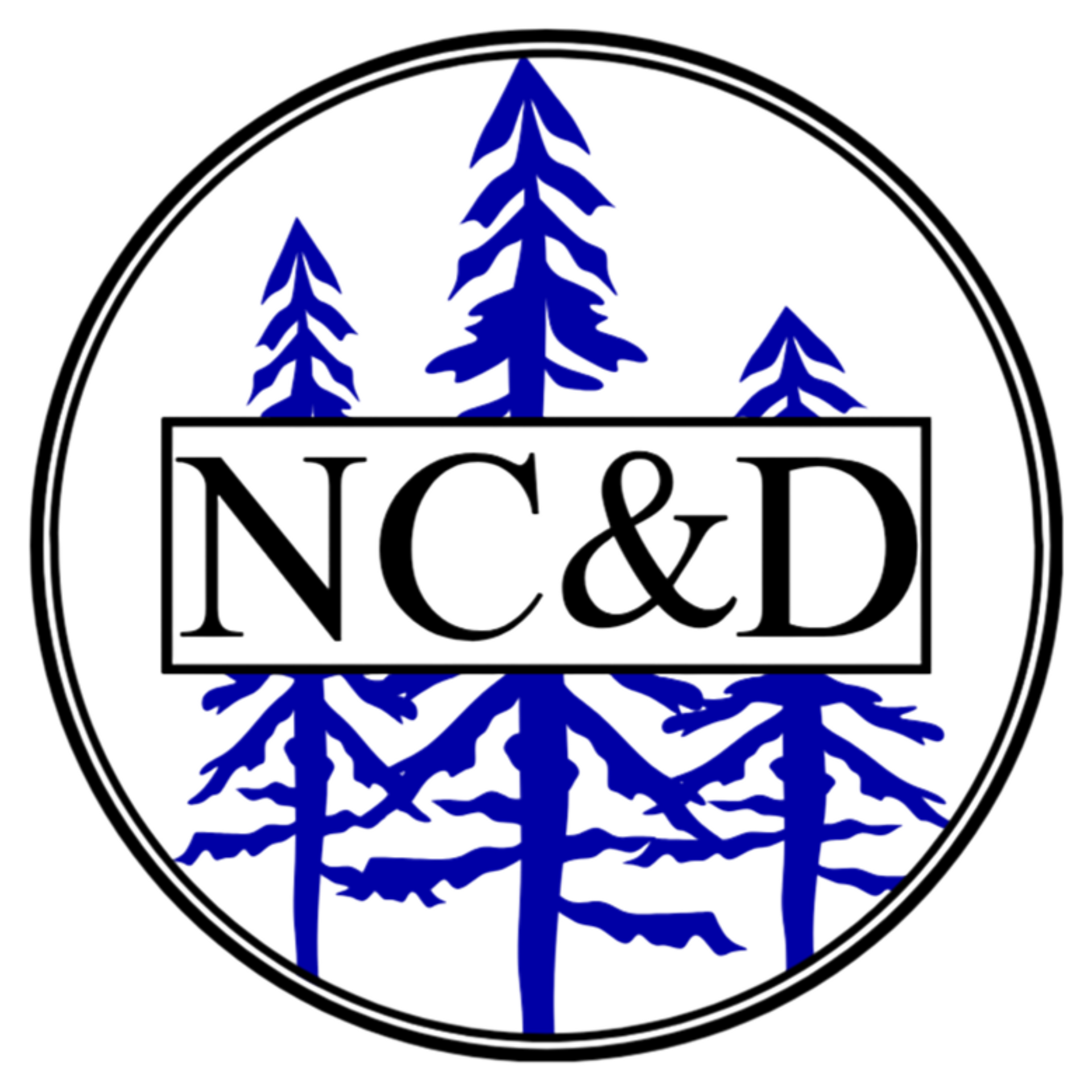By Crystal Dean
•
October 20, 2025
An estate plan is like a well-packed suitcase: when you set it up, everything fits and you’re ready for the trip. Then life happens—new addresses, new family members, a health scare—and that once-perfect packing job no longer matches the journey you’re actually on. What used to be tidy can start to pull at the seams: a beneficiary form pointing to the wrong person, a deed that never made it back into your trust after a refinance, a hospital pausing over an out-of-state health directive at the very moment your family needs certainty. Most clients we meet in their 60s and 70s say, “Our plan was perfect when we signed it.” And it was—then. P lans don’t fail because people stop caring; they drift because life quietly shifts underneath them. The fix isn’t a total overhaul. It’s a tune-up after key life events. Think of your plan as a favorite instrument: the song—your values—stays the same, but a quick adjustment helps it play clearly when it matters most. Below are nine life moments that reliably signal it’s time to review your documents, how your assets are titled, and every beneficiary form. 1) You Move—Especially Across State Lines (or You Downsize): Robert and Elaine moved from Oregon to California to be near their first grandchild. New home, new routines—and “we’ll get to the paperwork soon.” Months later, a routine visit turned urgent. At the hospital, their out-of-state health directive caused a delay. Back home, they discovered the refinance on their California home never retitled the deed back into their trust. Their values hadn’t changed -- their paperwork just hadn’t caught up. What to review after a move • Will & Trust: Make sure they meet California formalities and still do what you want under California law. If you downsized or bought a second home, confirm the new deed is in the trust. After any refinance, make sure the property was re-deeded back to the trust. • Health care documents: Update your Advance Health Care Directive and HIPAA authorization using California versions. Ask your doctor whether a POLST (Physician Orders for Life-Sustaining Treatment) is appropriate for your situation. • Financial Power of Attorney: Use a California-friendly version that banks will recognize; include authority for real estate and digital accounts. • Beneficiary forms: Align retirement accounts, life insurance, and “payable on death/transfer on death” (POD/TOD) accounts with your existing plan. • Property taxes: If you kept another home or plan to leave real property to children or grandchildren, talk with an attorney about California’s ever-changing property-tax transfer rules. • Successor roles: Update addresses and order of succession for your successor trustee, executor, and agents. 2) You Marry or Remarry: New marriage, especially with adult children, can be a beautiful new chapter—and a complicated spreadsheet. “His, hers, and ours” isn’t just furniture; it’s accounts, real estate, and promises to family. Default rights and California community property rules may apply. Beneficiary forms and joint accounts can quietly undo what you intended. Two practical California-friendly approache: 1. QTIP-style support for the spouse . In plain English: a trust that supports the surviving spouse for life (income and, if needed, principal), with whatever is left going to the first spouse’s chosen family. This keeps everyone protected without making the surviving spouse guess what’s “allowed.” 2. “Partial lockbox” inside a joint trust for smaller estates. For many couples without large estates, a flexible approach is to make part of the joint living trust become irrevocable when one spouse dies—or if one spouse becomes legally incapacitated. • What it does: It “locks in” the share intended for the deceased or incapacitated spouse’s side of the family so it can’t be changed later, while the rest remains revocable so the healthy or surviving spouse keeps everyday flexibility. • Why it helps: It balances fairness to both families with practical control for the spouse who’s still paying bills, managing the home, and responding to life’s daily tasks. What to review: • Do your will, trust, and any pre- or post-nuptial agreement point in the same direction? • Are retirement and life-insurance beneficiary forms aligned with the plan (not just “whoever is on file”)? • Do you want income for the spouse for life with the remainder to the first spouse’s family—or a partial lockbox with the rest flexible? 3) A Death in the Family (Spouse, Child, Beneficiary, or Fiduciary): Loss changes the people named in your plan and sometimes the path your gifts should take. If the person you chose to serve (executor, trustee, or agent) has died or is no longer able to help, name someone else and add backups. Ask yourself: • If a child passes away before me, do I want that child’s share to go to their children (my grandchildren)? Or should I redistribute that share among my other beneficiaries? • Do I still want certain keepsakes or charitable gifts to go where I planned? Checklist after a loss: • Replace deceased or unavailable executors, trustees, and agents; add current contact information. • Update percentages and any special gifts. • If a spouse has died, be sure any trust pieces tied to the first spouse’s death were properly funded and that real estate and accounts are retitled correctly in California. You don’t need to do everything at once. Start by updating roles and beneficiary forms—the steps that prevent delays and confusion. 4) A New Diagnosis or Significant Change in Health: Health changes turn “someday decisions” into today’s priorities. Put your wishes in writing so loved ones aren’t guessing at the worst time. What to review: • Update your Advance Health Care Directive and HIPAA release; name the right people and list backups. • Ask your physician about a POLST if it fits your situation. • Expand instructions about in-home care vs. facility care, and how caregivers should be appreciated or paid. • Make sure your trustee or agent can hire caregivers, manage bills, and access digital accounts. • Consider how long-term care will be funded (Medicaid applications, Petitions to the court to preserve well-spouse assets while qualifying for Medi-Cal Long Term Nursing Insurance, insurance, set-asides, or which assets to use first). 5) You Open a New Account, Acquire an Asset, or Refinance: New accounts and properties often sit outside the trust by default. One checkbox can derail an otherwise solid plan. What to do: • Title new bank and brokerage accounts to your trust where appropriate. • After a refinance, confirm the home was re-deeded back to the trust. • Check every POD/TOD and retirement-account beneficiary form. Remember: these forms usually control, even over a will. • Be cautious adding adult children as joint owners; it can trigger tax, creditor, and fairness issues. Talk to counsel about safer options. 6) A New Grandchild (or a Change in a Child’s Circumstances): A new grandchild is a perfect moment to shape gifts so they help—not overwhelm. California-friendly tools: • Subtrusts for minors: Hold funds until certain ages or milestones, with a trustee you trust making smart decisions. • Education gifts: Coordinate 529 plans and gifts under CUTMA (California Uniform Transfers to Minors Act). • Special situations: If a loved one has a disability or relies on needs-based benefits, use a carefully drafted trust so support doesn’t unintentionally cancel benefits, using tools like ABLE accounts and special needs trusts. • “Gift with guardrails” : If a beneficiary struggles with spending, divorce, or creditors, build in safeguards and trustee guidance. 7) Laws Change (Taxes, Retirement Accounts, Real Property, Probate Procedures): Rules shift. California property-tax rules, retirement-account timelines, and probate procedures change over time. Your plan may still “work,” but a small edit can make it work better. Smart review points: • Retirement accounts: update strategies for how heirs will withdraw funds. If eligible, consider qualified charitable distributions from IRAs during life to reduce taxable income. • Real property: understand how California’s rules affect transfers to children or grandchildren and whether your plan still avoids a court process. • Charitable giving: donor-advised funds or updated trust options can better match today’s rules to your values. 8) Retirement or a Major Shift in Income: Retirement flips the switch from “income in” to “income out.” Your plan should match that change. What to review: • If you give to charity, look at lifetime strategies that can lower taxable income. • Make sure your successor trustee knows where accounts are, how to access them, and who your professional advisors are. • If you travel, confirm your agents can act quickly from afar. 9) You Sell a Business, Receive an Inheritance, or Experience a Windfall": A sale or inheritance can tilt family dynamics and taxes. What to review: • Move new assets into your trust where appropriate and update beneficiary forms to reflect the new balance. • Decide what to give now (education, first homes, taxes, charitable impact) and what to leave for later. • If the asset needs expertise, add a co-trustee with the right skill set. Your estate plan is a living set of instructions. It exists to protect the people and values you care about, and it deserves a brief check whenever life shifts : a move, a marriage, a loss, a diagnosis, a new account, a grandchild, a change in the law, retirement, or a financial milestone. These aren’t emergencies; they’re opportunities—moments to bring your documents, titles, and beneficiary forms back in step with your life. Watch Here.















